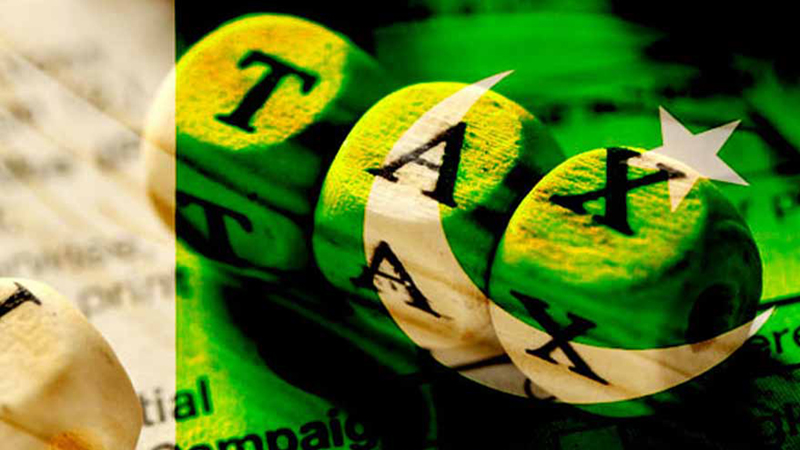The Pakistani government is under immediate pressure to bolster its tax revenues. This urgency stems from the conditions set by the International Monetary Fund (IMF) for its forthcoming program, which aims to secure a larger financial package. A key requirement from the IMF is an intensified resource mobilization and a higher tax-to-GDP revenue ratio to ensure the sustainability of the country’s debt.
Over the years, successive governments have struggled to broaden the direct tax base and integrate individuals and entities outside the tax net into the system. Consequently, the predominant approach has been to gather direct taxes through indirect means. This strategy has often targeted the ‘low-hanging fruit ‘, which refers to the easiest or most readily available options for tax collection, for its ease of collection, but has not effectively addressed the underlying issues.
In an attempt to boost revenue collection, the government implemented a presumptive tax system, mandating that taxpayers pay a designated percentage of their annual turnover as income tax, regardless of their profitability. This regime allowed businesses to allocate personal and domestic expenses, such as housing or personal vehicle costs, to their enterprise, resulting in varied presumptive tax rates for different classes of taxpayers. However, this method posed challenges, including the inability to correlate income with asset creation and expenses, ultimately sacrificing proper documentation and accountability.
Introducing a ‘minimum tax ‘, which is a fixed amount that must be paid regardless of income or losses, across the board for all taxpayers further complicated the tax framework. Even in cases of certified financial losses, taxpayers were still required to pay a predetermined percentage of their turnover as minimum tax. This approach conflicted with the fundamental principle of taxing income, imposing significant burdens on taxpayers and dissuading potential compliance.
The regressive nature of the overall tax regime, coupled with the prevalence of minimum tax requirements, not only intimidates honest taxpayers but also accommodates tax evaders and the informal sector, perpetuating their existence outside the tax net. This detrimental scenario is compounded by the challenges faced by the country’s economy, including low investment-to-GDP ratios, scarce foreign direct investment (FDI), and obstacles to export growth due to regressive taxation, high interest rates, and escalating energy costs.
As the government contemplates its fiscal policies and the actions of the Federal Board of Revenue (FBR), it becomes evident that critical adjustments are not just desirable, but necessary to stimulate investment in the productive and exporting sectors. The key lies in ensuring equitable treatment of all income and enforcing uniform income tax standards. While exporters rightfully seek concessions in energy and interest costs to maintain regional competitiveness, it is imperative for them to contribute their fair share through income tax. Balancing the needs of the government with the demands of the business community is essential for fostering a sustainable and thriving economy.
















